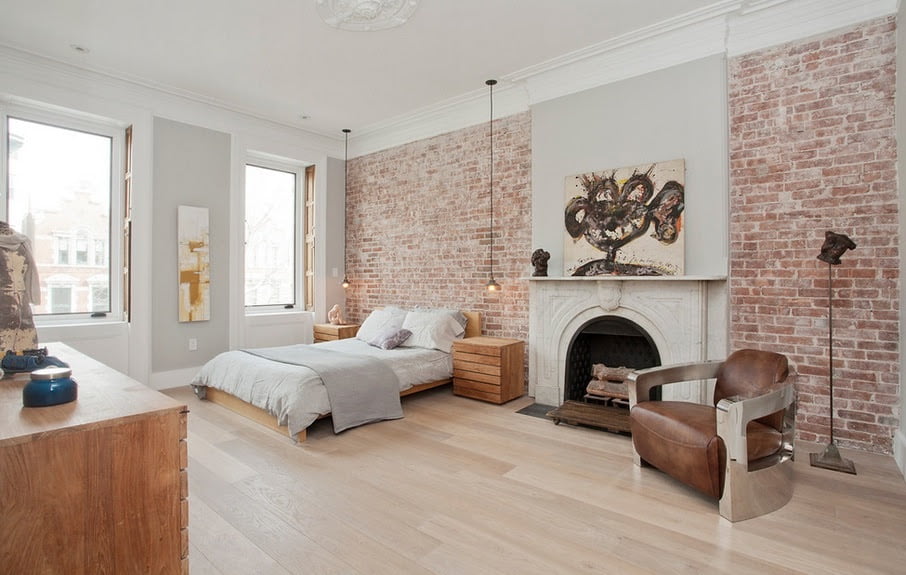Golden ratio in design: We’ve all heard of the golden ratio in architecture and design. Most likely, it’s filed away with all the rest of your memories from your college art class or you read about golden ratio definition in passing. When perusing an article in the newspaper a couple of weeks ago. But, did you know that the golden ratio in art composition is also plays a role in what we perceive as “good” interior design? Before we start, here’s a little golden ratio definition refresher: The golden ratio is a mathematical sequence that has been found to occur over and over again in nature. This golden ratio – 1:1.61, to be exact – has been found to account for everything from the proportions of the human body. To the formation of musical sequences, and architectural formulas dating back to the ancient Greeks and Romans.
The Golden Ratio in Design
Though golden ratio has diverse applications, most people believe that the use of this ratio makes things appear more aesthetically pleasing to others. The majority of interior designers are taught to use it in their designs and you should too.

Read below to find out why:
Modular Adjustments Easily:
Here’s the cold, hard truth of it: Even though it’s important to take the golden ratio into account when decorating, it may not work perfectly 100% of the time.
We have a few suggestions to get you through those situations:
A lot of the examples we gave work under presumption that the rooms were rectangular. You may have to make a few adjustments to fit your space. Designing a tiny apartment may mean finding your own ratio. As a rule of thumb, you can find a close golden ratio by measuring the length of room and dividing it by 1.5. Use that number as a measurement when searching for rugs, furniture, etc. That have compatible proportions instead of the width of the room itself.
At the end of the day, the golden ratio should serve as a guide. You shouldn’t be drawing up scale models of the rooms in your home to get the ratio exact. Instead, use it as a guide, but trust your instincts and sense of style. If you have a fireplace that sits directly in the center of your living room, by all means make it a focal point. If you know in your heart that a fourth color is needed to make the design in your bedroom really pop, go for it! Remember, that you are the one who needs to enjoy your living space. Feel free to indulge your personality.
- Check this out – Elements of interior design – Most relaxing bedroom decorating ideas.
Choosing Colors Will Be A Snap:
For those who aren’t aware, the 10-30-60 Rule talks states that a well-designed space should consist of three colors. First, a dominant color, which should cover around 60% of the space and is usually used in areas like walls and flooring. This should be followed by a secondary color, which takes up 30% of the space and is usually used for furniture. Finally, a bolder accent color should take up the final 10% and is used in smaller decor items.
The 10-30-60 Rule is not all that the golden ratio has to offer in terms of color. New research has found that colors separated by a ratio of 1:1.61 on the light spectrum are often found to be aesthetically pleasing together. As of right now, programs like PhiBar, which measure that golden ratio, are still working to gain true commercial success. But, in the future, choosing your color palette itself could be much easier.
Balance in Furniture Arrangement:
Anyone who has ever brought a new couch home knows how difficult furniture placement can be. First, you’re sure that it will look great in one spot, but when you put it there something is not quite right. Before you know it, you’ve moved that same couch around your living room several times, only to have it end up back where you started! Next time, avoid all the hassle by taking the room’s proportions into account beforehand. While it’s never a bad idea to take measurements, if you don’t feel like taking the tape measure out, keep a ratio of 2:3 in mind when you’re arranging the space.
To start, visually divide up the space into two sections – a larger one that takes up two thirds of the space and houses the furniture that defines the main use for the room and the final third, which accounts for a secondary function like a separate seating area or storage. Also choose pieces that are sized close to that 2:3 measurement. Aim for a couch that is approximately 2:3 the length of the seating area as a whole and a coffee table that is close to 2:3 the length of the couch.
- Know more on Intangible Design Elements of Concept in Architecture and Intangible Design Elements of Concept in Architecture.
Movable Interior Will Take Less Time At All:
Once you’ve got your furniture in place and your colors picked out. It’s time to move on to what is seemingly the simplest element of design. But can often be the most challenging. That’s right, where to hang your interior items. Before you put a ton of unnecessary nail holes in the walls, consider the Rule of Thirds.
After you’ve picked the wall on which to place your artwork. Take a second to mentally picture that wall as a grid. That’s been overlaid with two lines dividing it into equal thirds horizontally and vertically. You should be picturing a grid with nine equal-sized squares. Choose the middle of the center square as the focal point. Then, make sure that there are secondary points of interest intersecting each of the four corners of the center square.
A lot of gallery wall designs are made with this arrangement in mind. It works particularly well because you can choose various sizes and depths of artwork. To create differentiation on the points of interest. However, the same philosophy can also be applied to a single larger painting.
When you think about it, the golden ratio really is amazing. Who would have thought that the same seemingly random configuration. It would pop up in the spirals of seashells, the shape of our galaxy, and the formations of storm clouds? With all that natural evidence, it’s hard to argue against using the same golden ratio in your interior design. On the off chance you know someone who needs a little more convincing, use the article above. Maybe even go a step further and prove it with your decor. We bet you’ll have them convinced at first glance.
So, friends this is all about golden ratio and how to use in your interior design, if you have some suggestions kindly share with us.







Leave a Comment
You must be logged in to post a comment.